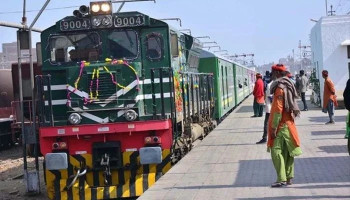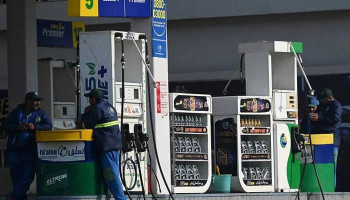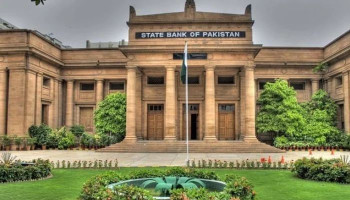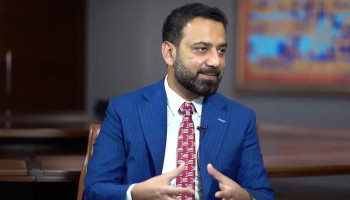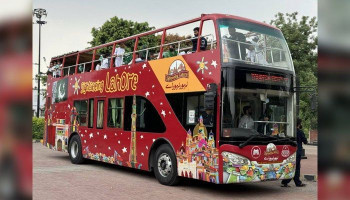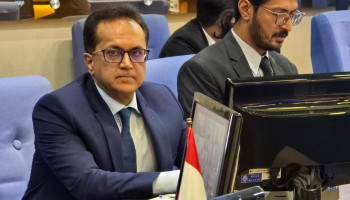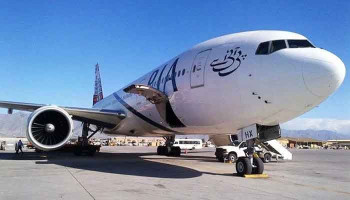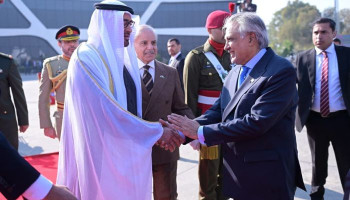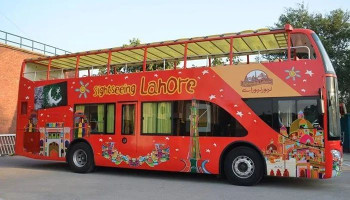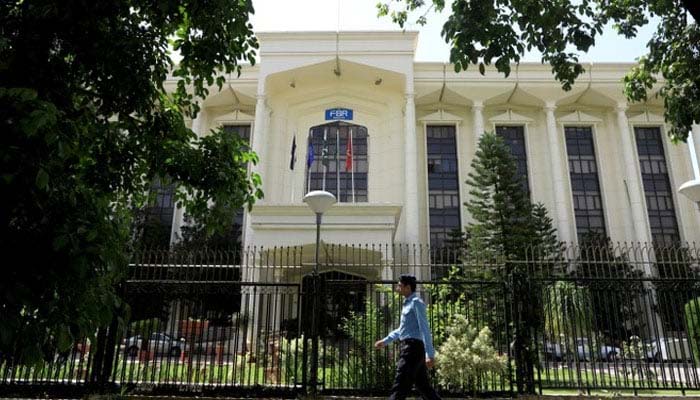
Mobile Phone SIM cards are registered in the names of dead individuals of Pakistan who persist to function across the country while income tax returns also continue to yield under their names as families don’t submit their death certificates.
The news came under development by Federal Board of Revenue (FBR) top officials during a Senate Standing Committee on Finance and Revenue held on Wednesday.
According to the FBR top officials, sometimes children or relatives of the deceased individual keep using the SIM cards of the dead person and they fail to timely submit the death certificates of their beloved deceased person which results in the activation of these SIMS.
Read more: FBR issues new guidelines for importers of unregistered mobile phones
Chairman FBR Rashid Mahmood Langrial told the committee that the regulator has proposed a new ordinance which is likely to be yielded in the near future, to strengthen enforcement measures regarding it.
Chairman FBR highlited other significant topics of country
He further prevented banks from lending to the government for profit instead of providing support to the private industry and filed an objection to reducing deposit ratios. He revealed that banks usually extend the funds on December 30 and withdraw it by January 10.
FBR further highlighted and took measures regarding other significant topics of the country regarding the sugar sector that are all set to be functional by November 15.
FBR Chairman further noted the asymmetries in the production and tax payments in the Tobacco sector and highlighted illegal activities such as smuggling and illegal production in specific regions of the country including Khyber Pakhtunkhwa and Azad Jammu and Kashmir.





